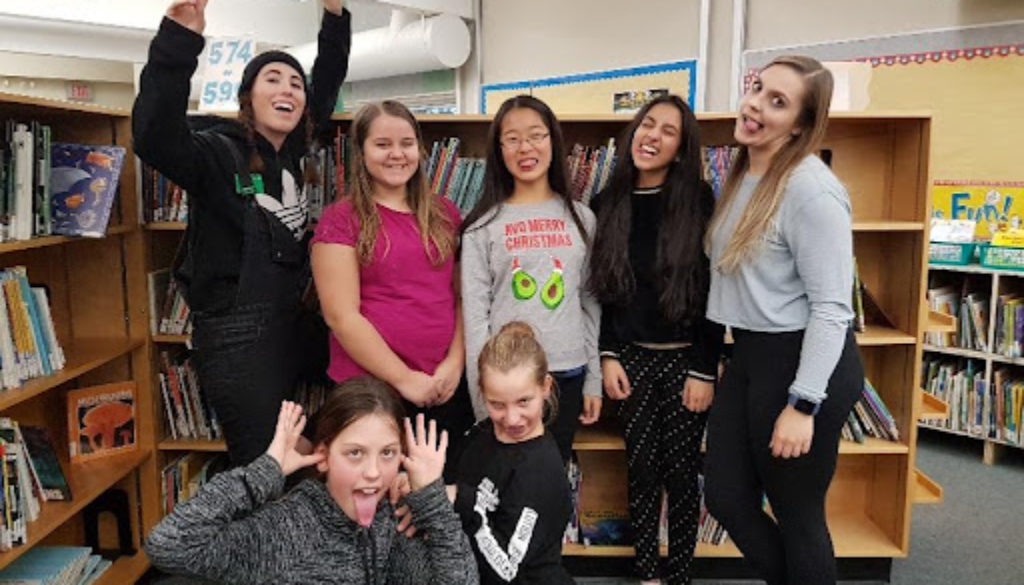Combatting Bullying through Go Girls
The type of bullying most common among girls is subtle and difficult to detect. It uses friendship as a weapon and involves hurting others through social exclusion, rejection, or gossip. The “Go Girls! Healthy Minds, Healthy Bodies” program gives participants an opportunity to not only learn about healthy eating and living habits, they also learn about healthy friendships and how to navigate their way through experiences of bullying.
For Ricky Thandi and Rachel Philip, two Go Girls volunteer mentors who have co-facilitated the program together, bullying came up many times in their most recent Go Girls group. Before the first session, the school principal told the mentors that the participants were experiencing a lot of friendship drama amongst themselves. Ricky and Rachel knew from the
start that this would be an important topic to address.
By the second week of Go Girls, Ricky and Rachel had already established positive, trusting connections with the group that the participants felt comfortable to open up about the friendship issues they were having. They shared how other girls were being mean to them by gossiping and spreading rumours, calling them names behind their back, and ending friendships. They didn’t know how to deal with these issues. This is where the Go Girls program and our mentors fit in.
Go Girls aims to give participants the information, tools, and capacity to handle difficult situations in order to lead happy, healthy lives. Throughout Go Girls, the group had many discussions related to friendships, bullying, and how to interact with someone you are no longer friends with. The group discussed what qualities make a healthy friendship and an unhealthy friendship in order to understand the difference and begin to notice if any of their current friendships exhibit unhealthy qualities. They talked through situations where a friend or classmate might say something mean about them, and brainstormed various ways they could handle a situation like that. One of the participants shared that she was called a “jerk” behind her back and another participant shared that she was called “ugly” behind her back. Through this sharing, the participants were able to bond see that they weren’t alone.
With Rachel and Ricky’s guidance, the group came to understand that it is always better to talk to your friends when something is bothering you, instead of gossiping behind each other’s backs which makes matters worse. The mentors also made it clear that it is acceptable to end a friendship if it is unhealthy.
Rachel and Ricky noticed how the group was quite split in the beginning, but by the end of the program, the participants were all working well together. Their experiences in Go Girls that allowed them to form more positive connections with each other that they would not otherwise have. Go Girls addressed the friendship issues that the group was experiencing before the program, gave the participants a safe space to reflect and work through conflicts, and provided mentors who were positive role models. As one participant said, “The best thing about Go Girls was how all girls sat together, did activities, and were being ourselves. I loved everything about this program.”

